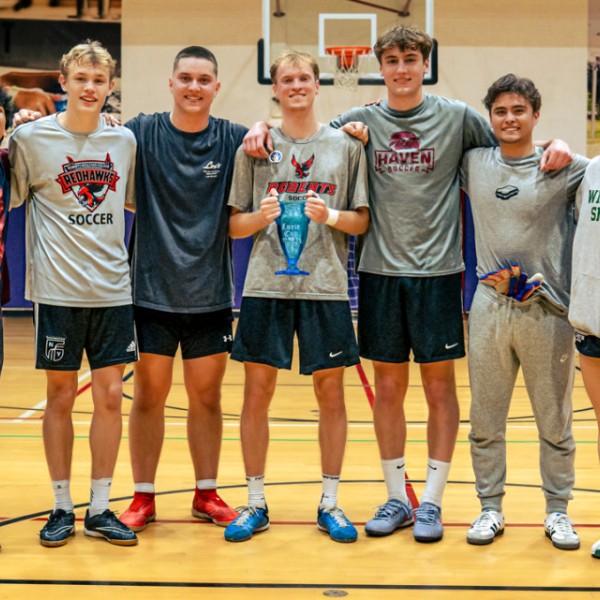Get to know Tess
- Academic focus: I am a sociologist who studies social inequality. Specifically, I research the disproportionate environmental and health-related burdens low-income and nonwhite groups in the United States face. I’ve also been researching aspects of the US-based environmental justice social movement for over a decade. Most recently, I have been working on the intersections of environmental equity and criminal justice reform advocacy.
- Previous position: I recently completed my MS/PhD in Development Sociology at Cornell. At Cornell, I have been involved with the Knight Center as an instructor of first-year writing seminars and have helped students find engaged, service-learning experiences through my work with the Community Food Systems academic minor. Aside from my role in Global Development, I also teach with the Cornell Prison Education program.
What projects are you currently working on? What impact is your work making in the world?
I’m currently wrapping up a review of the outcomes of an Environmental Protection Agency (EPA)-led initiative focused on water quality and poverty. The program was supposed to help clean up degraded waterways while also promoting better livelihoods for those living in polluted conditions. Many participants ended up being disappointed with the outcomes. I was investigating reasons why the program fell short of its aspirations and what lessons advocacy groups might take away. On the teaching side, I’m getting ready to teach a few different courses in the department, and I’m getting to know my new advisees this semester.
What do you like to do when you aren’t working?
Dance.
Three adjectives people use to describe you:
I asked my partner to respond to this question, and he said: empathetic, articulate, and funny. But he might be biased.
What would you like people to know about your field?
I suppose there are a few different “fields” in which I work, but the one I’ll pick for this question is inequality studies. This field is inherently interdisciplinary, and that reality means I get to connect with many different types of scientists and educators. Studying issues connected to inequality allows me to keep learning all the time, which is fantastic. Colleagues keep giving me new dimensions and data with which to think.
If you had unlimited grant funding, what major problem in your field would you want to solve?
Great question. Many issues I study require not just money but institutional and policy change. That said, one concern that comes to mind is a very specific, ongoing, and devastating health issue in the US (and elsewhere): toxic lead exposure. Individuals, particularly children, who are exposed to lead in high levels face not only short- and long-term health effects, but social and economic costs as well. If we remediated lead in the built environment and in soils, we would see a tremendously positive impact on a number of outcomes. Lead crises are human rights issues that we actually could address if we allocated enough funds for clean up.
What does global development mean to you?
As an idea, “global development” represents a central challenge of our time. How we choose to “do” development from here matters tremendously, especially if we hope to reduce severe inequalities and improve life chances for millions of global citizens. The social movements I study are often asking for aspects of economic development to change and not only address issues of poverty more adequately, but also to make processes of development more democratic.
Tell us about the most impactful experiences you’ve had as a teacher.
I’m quite fortunate to have found work in education that I love, and I have had many memorable experiences as a teacher. Some of the more noteworthy moments are when I see a student succeed beyond what they thought was possible. I am thinking of two specific students—one completing college as an incarcerated student with the prison education program at Cornell and one who is a first generation college student—who were so proud of what they’d achieved with their final research projects. These kinds of moments stay with me for sure.
Learn more about Tess on her faculty profile page.





